|
My one little word for 2020 is MOMENTS. As the most recent Two Writing Teachers co-author, this will be my first time participating in the annual #OneLittleWord series. Selecting a word to guide my next year was not an easy feat. In my search, I considered where I needed and wanted to grow and wondered if that just right word, tasked with guiding my year, even existed. I explored many possibilities, but much like anything meant to be, the word MOMENTS continued finding its way back into my consciousness. The word MOMENTS pulled my attention for many reasons. When I began to contemplate the times I found it to be important in my life, it became more and more clear. I began to think about how one moment can change the very core of your being. One simple moment is all it takes. It took just a moment for me to decide to go back to school and become a teacher, a moment to hold my breath and hit "publish" on my laptop for the first time, and just a moment to hold my son for the first time and experience love, fear, and hope all wrapped up into one... just one moment. Time is our most precious resource. We have one life. Entrepreneur and author, Gary Vaynerchuk, often shares that “the biggest poison in us is regret.” I can’t think of anything more significant than regretting a moment missed. It is a simple truth we can easily forget. I’ll be the first to admit that I have at times allowed the busyness of life shuffle me into rushed frenzies or pull me into places of meaningless conflict. When we become too busy with life, it seems that many of us tend to forget to live our moments fully. There are moments in our lives that are forced upon us and bring us to a grinding halt. They change us down to our core, whether we are ready or not. However, most of our moments come as continuous open opportunities to steer our lives in the direction we want to move. And, so, for the next year, I plan to focus on living fully my MOMENTS, those I at least decide for myself. In 2020, I will practice purposeful moments to: 1. Breathe outside, because according to author, Austin Kleon, “demons hate fresh air.” 2. Laugh, often. 3. Unplug every once in a while, because according to writer, Anne Lamott, “Almost everything will work again if you unplug it for a few minutes―including you.” 4. Gift myself grace. The learning process can be messy. 5. Create authentic and memorable learning experiences for my students, often. 6. Find quiet. Quiet is good for my soul. 7. Love what I do. It’s one way to teach others to love what they do. We are the sum of our experiences, our MOMENTS. The moments I will work to create will matter these next months as much as they will matter when I am old and grey. Every moment I can this next year and after, I will practice stepping into my skin with purpose, living fully, and finding comfort in my process.
18 Comments
“If you’re going to teach him how to write, first you have to love him. If you can convince him of that, there’s nothing you can’t teach him.” -AVI When we take time to reflect and notice when things go well, we create opportunities to replicate it. We learn to rise just enough to get a glimpse of why what we do in the classroom is so relevant. We begin to understand the wider impact of a learning environment and the benefits that come from of having one that is rich and nurturing. The writing workshop environment is unique. Here, language is carefully curated and continuously changing to fit the needs of individual learners. Adjusting to the individual needs of a learner is the highest level of brain-based work we can accomplish in the classroom. It requires trust, hope, and love. Only three of many important, but sometimes invisible, pieces of a nurturing environment. Environments like these are filled with experiences that reach both the mind and the heart. Environments that allow enough authentic and meaningful writing experiences, evolve the skills of a learner, all learners, especially learners of additional languages or EALs. What does environment have to do with nurturing learners of additional languages?
The longer I spend blogging with my students, the better I understand why I do.
I am a 4th grade dual language teacher. We are just a few weeks shy of taking our first STAAR test, our first of three State of Texas Assessments of Academic Readiness. Positive culture matters. Environments can change how humans learn, thrive, and grow. They can be places driven by possibility, creativity, and passion―where inspiration is birthed and purpose overrides time; places where humans feel safe enough to try, fail, succeed, and then given the freedom reach for more. Do you ever wonder about that feeling you get when you walk into a room? It just might be the culture of the space or the "temperature" of the room―the one established by expectations, values, ethical decisions, habits, and social behaviors. Culture tells us how people are treated and how we are expected to treat others. The culture of a work or school environment can be the difference between a space that thrives on success or one contaminated by conflict and struggle. Humans work better in places where they have a sense of agency and purpose; where they can make an impact and make things better for the group and themselves. Positive culture matters. Listed below are 20 mindful ways to cultivate positive culture. All engage natural reciprocity and can help shift the entirety of an environment.
Years ago, I caught sight of boy’s fist flying into the stomach of a much, much smaller boy. Focused on that single hostile action, a mother-bear voice came bursting out of me from somewhere deep inside. My reaction can only be described as an innate response to serious threat. I was in charge, they were my students, and it was my job to keep them safe. In that moment, I was pushed into my brain stem.
If you’re a teacher, you’ve probably heard the term “brain stem” before. It’s often used to describe a child who cannot be reached because he or she is in a state of fight, flight, or on few, but painful occasions, in a state of total shut down. All of it connected to our innate struggle for survival. We are trained to give these students time, give them space, and let them cool off. What happens when time to cool off is not enough? How do we help students begin to feel safe, learn, and move forward? Before we can help, we must first understand. As I write this, I take a breath and wonder… how did I learn to love writing? I’m certainly not that great of a writer, so how did words become for me significant impactful drivers of language, communication, and passion?
Was it a worksheet? Ummm… no. Simply no. Worksheets do not grow writers. Authentic, meaningful, purpose driven writing grows writers. So, how do worksheets fit into this space? Well, they don’t really… not really. At least, not the “drill-and-practice” kind. There are some worksheets that do well to support the process of a writer, and then, there are those that absolutely, unequivocally… do not fit. Is there really a difference? Yes. One benefits the writer, and the other does not. In the summer of 2017, I attended the Heart of Texas Writing Project Summer Institute at the University of Texas at Austin. It was at the completion of my 12th year of teaching 4th grade dual language, in College Station, Texas. What happened that summer was simple. I learned to become better at what I already loved. I learned to become a writer, a stronger guide for the learners in my classroom, a leader for my district, and a growing voice in the world of education.
I was not always a teacher. About two years ago, I began blogging with my students. The experience changed my classroom. It changed the way my students took on learning. It changed the way I took on learning and teaching those kids… you know them… the ones who have and use technology as almost an extension of who they are.
The experience impacted all of us. Kidblog: Dual language podcast, listen to student and teacher perspectives!
Full podcast HERE: https://bit.ly/2Lszjkh |
AuthorMarina Rodriguez (@mrodz308) is a California native, dual language teacher, National Writing Project, Heart of Texas Writing Project Teacher Consultant, Kidblog Ambassador, and co-author of Two Writing Teachers. Archives
December 2019
Categories
All
|
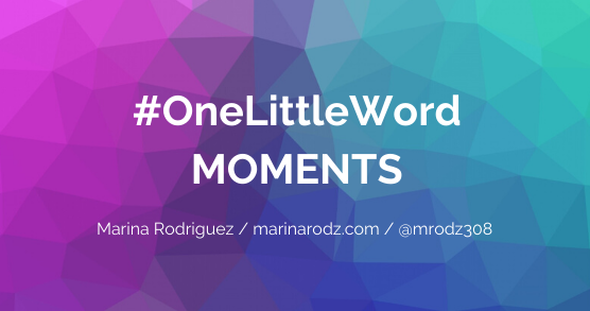

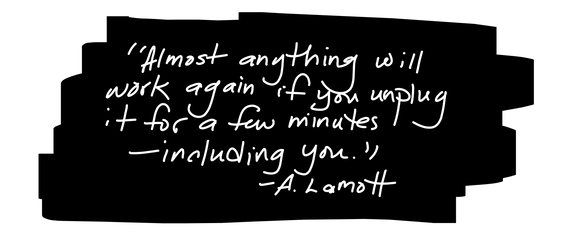
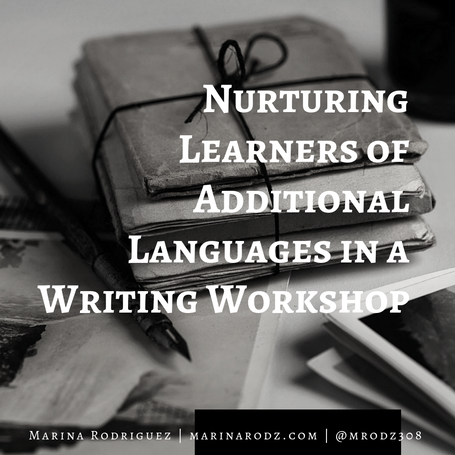
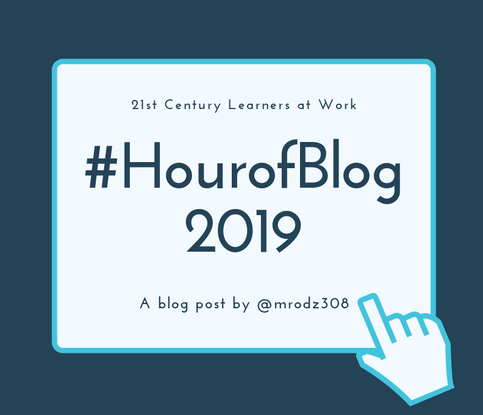
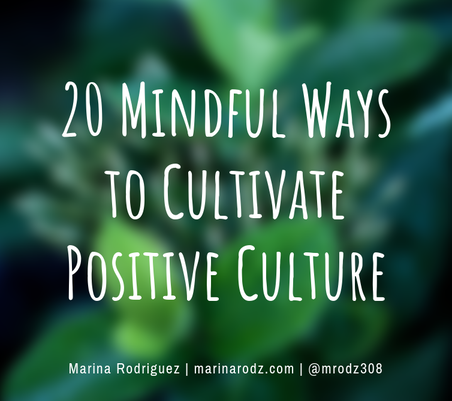
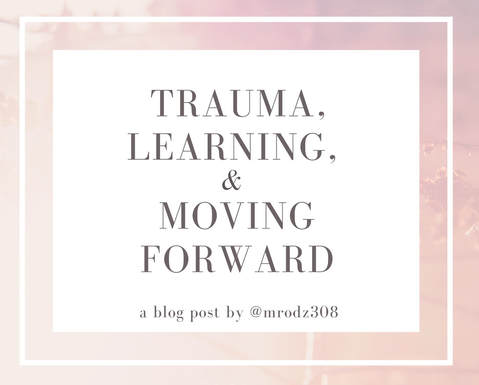
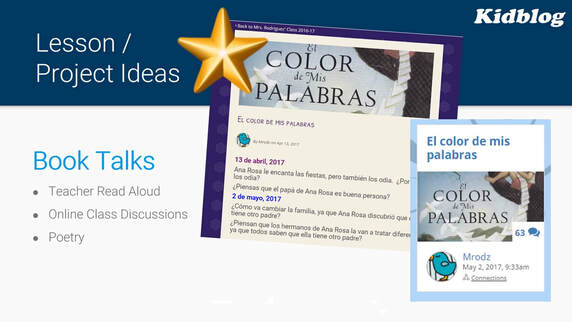

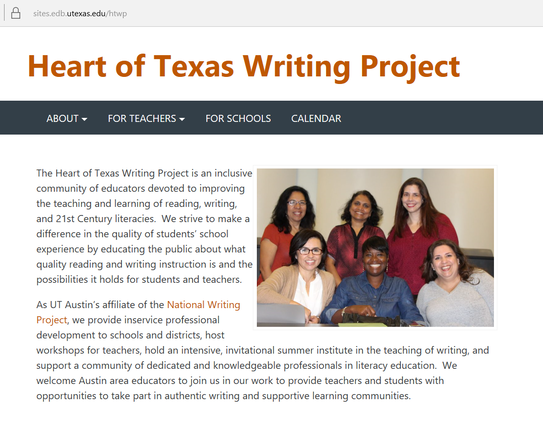
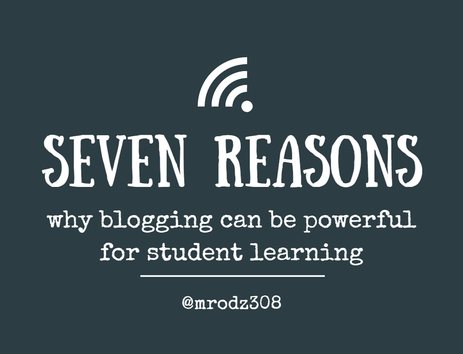
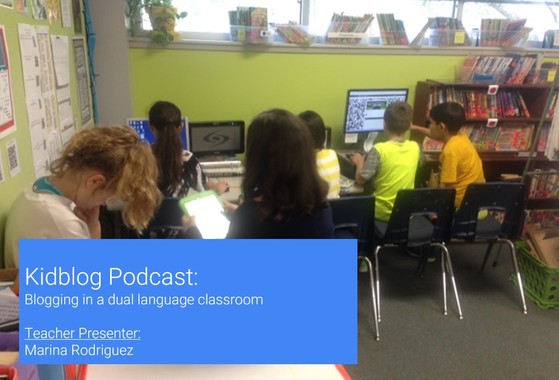
 RSS Feed
RSS Feed